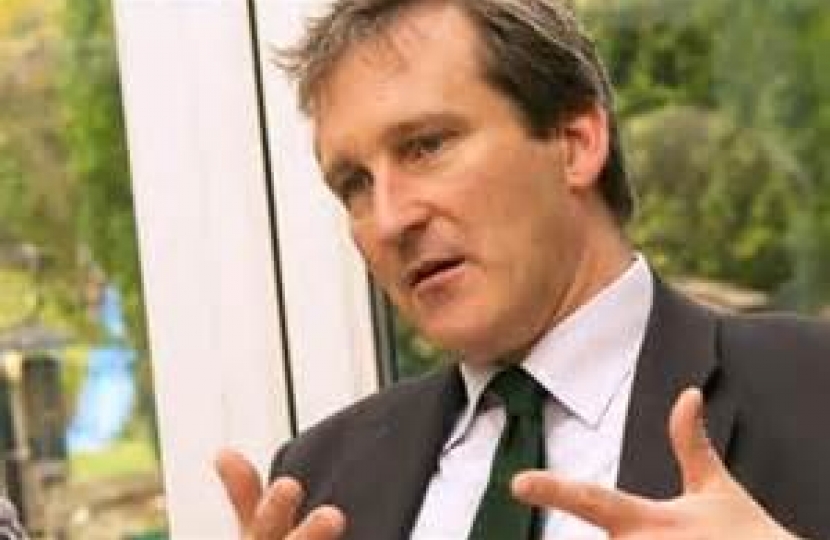
Why I’ll campaign to remain
On 23rd June, we face our biggest national choice in a generation. There will be people I respect greatly on both sides of the debate. And actually I think there are good points to be made for both sides. But on balance, I believe that, after the settlement the Prime Minister has negotiated, Britain will be better off and more secure if we remain a member of the EU.
The single market has been important for our economic growth. The combination of EU membership and the English language has underpinned our strong rate of inward investment. As part of the EU we have more negotiating weight in trade deals with third parties from China to America. And there has been good work done through the EU on shared objectives on the environment and cross-border crime. But there are also many features of the EU’s operation – and apparent direction – that had come to be of profound frustration to the people of Britain.
The binding agreement the PM has now made with the other 27 nations delivers on the manifesto we presented to the British people and that I stood on for election here in East Hampshire. It makes clear we will not move to ‘ever closer union’, safeguards our competitiveness and the interests of key UK sectors, guarantees the position of countries which have not adopted the Euro (and in our case, never will), and curbs the ‘pull factor’ of welfare benefits on immigration.
The deal secures special status for Britain. We will be outside the Euro and the ‘Schengen’ border-free area, and protected from deeper integration. But we will retain full access to the single market and a trading bloc of over 500m people. We also have commitments to extend the scope of the single market, and complete free trade agreements with more non-EU economies.
The supposed alternative arrangements to EU membership – a Swiss or Norwegian style relationship – don’t look quite so good when you get below the surface. Switzerland and Norway still have to accept many of the rules of the EU, but without the say in what those rules are. Whatever we think of the EU’s institutions, its existence is a geographical and commercial reality for Britain; being in it, we have a say in how it works and affects us.
I have always said I wouldn’t be afraid of a future outside the EU; Britain is a strong and great nation, one of the world’s major economies and diplomatic powers. The EU is far from perfect, certainly not how we would design it from scratch. But that isn’t the question on 23rd June. The question is whether, on balance, and following this agreement, it is better to be in rather than out, whether we will be stronger, safer, better off. I believe we will.

